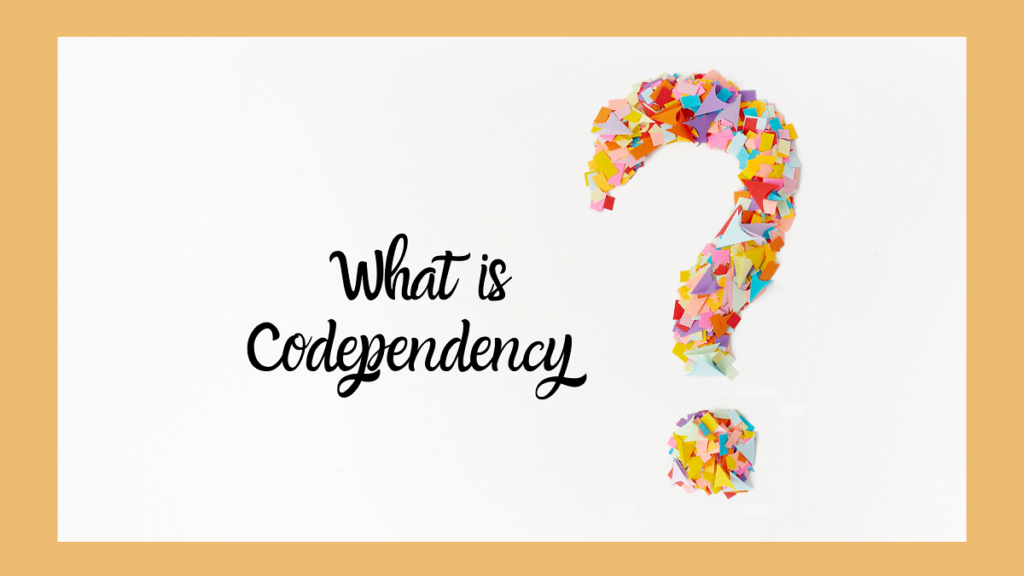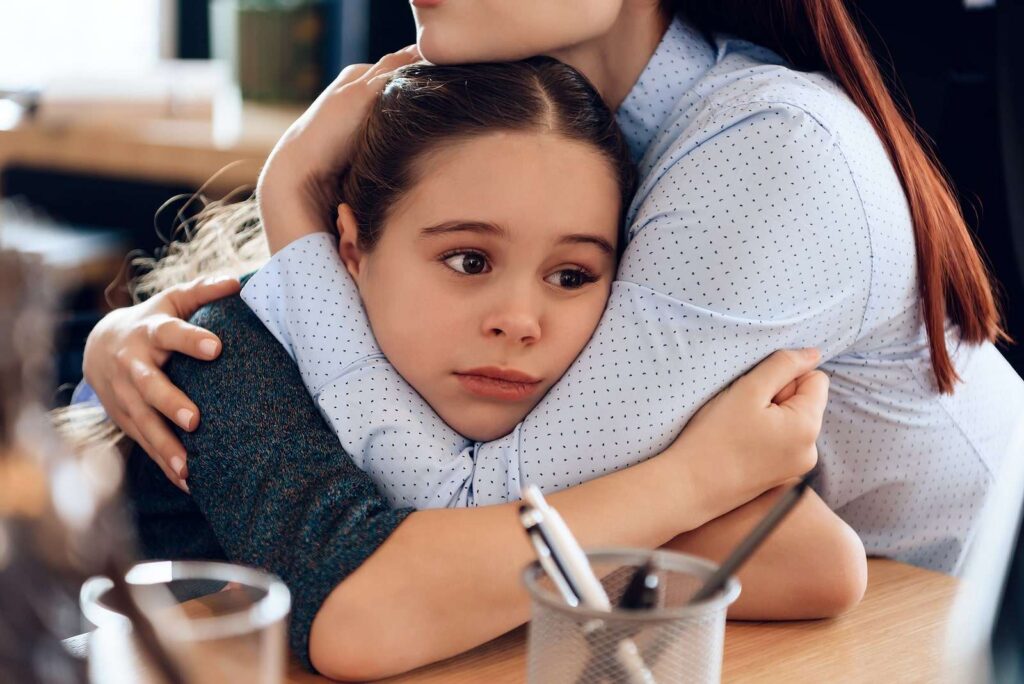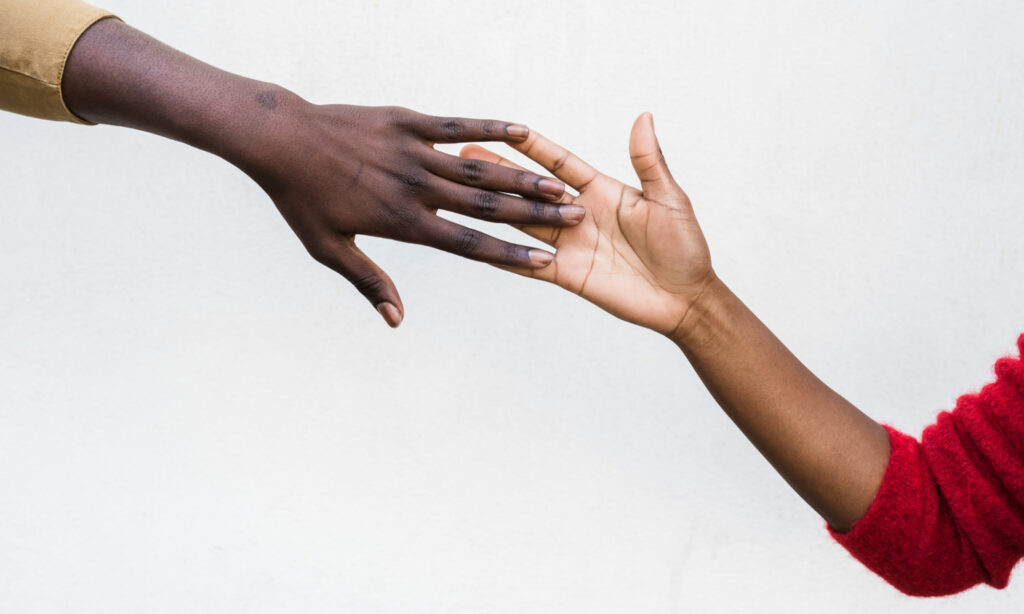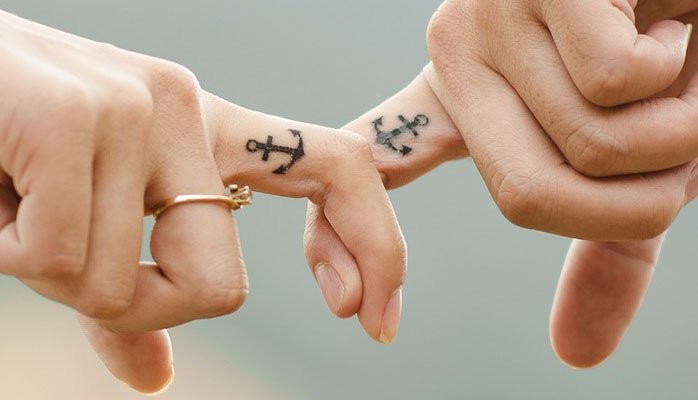Honestly, When I first heard the word ‘codependency’ I thought it meant two people living together but that is ‘cohabitation’. However, you will be surprised by the vast difference between the two and how close you are to being codependent. We have someone we like to make happy, someone we can not fathom their absence in our lives and we are willing to do anything for this person to stay, regardless of the consequences it inflicts on us. That is codependency dear.
Codependency is like walking on thin ice and that is just scary and uncomfortable which is the opposite of what relationships should feel like. Most people do not realize that they are codependent, much more the need to heal from codependency. In the article, I will guide you on the journey of codependency and effective ways to heal from it.
Key Takeaways
- Codependency is a psychological condition or a relationship between two people where one person has low self-esteem and a strong need to please the other, who is controlling and manipulative; thereby forming an unhealthy attachment to that person.
- There are two types of people in a codependent relationship: The giver/enabler and The taker/manipulator.
- Some causes of codependency are manipulation, unrealistic Expectations and Excessive Criticism, abuse, and being in denial.
- To heal from codependency, you need to stop degrading yourself, take up counseling, have social relationships, and set and maintain boundaries.
What Is Codependency?

Codependency is a psychological condition or a relationship between two people where one person has low self-esteem and a strong need to please the other, who is controlling and manipulative; thereby forming an unhealthy attachment to that person. Codependent people always seek validation from people even base their moods and even behavior on people’s reactions. Codependency can occur between any two individuals, it can be between parent and child, among friends and also family members.
There are two types of people in a codependent relationship: The giver/enabler and The taker/manipulator.
The giver always feels responsible for their partner, makes excuses, and tends to put their needs aside (self-sacrifice). They like to feel needed in any way, regardless of what they have to give up.
Takers are either needy, under-functional, immature, addicted, entitled, or troubled. Usually, the taker suffers from a chronic mental illness or addiction. They rely on the giver to take care of them and take responsibility for their actions.
You might think this is a normal situation between two people but it is not. The giver always gives till he/she experiences burnout and the taker always takes until there is nothing left. There is no exchange between the both of them.
Causes of Codependency

Codependency is a learned behavior people pick up while adapting to situations. Usually, We develop it from the type of relationships we encounter in our childhood with parents or caretakers. We have under-protective parents and over-protective parents;
The Under-Protective Parents
These parents are hardly involved in your life. Either, they were too busy (probably in their careers or addiction) or they were just totally uninvolved, so you were left on your own with no proper support from them or interaction with them. This way you become independent and self-reliant at an early stage as a coping mechanism instead of the gradual inclination into these traits. You end up trying to overcompensate for that loneliness when you grow up and find it difficult to accept guidance or support from people. Usually, this is where the givers emerge.
The Over-Protective Parents
These parents are the exact opposite of under-protective parents, basically, they are over-involved in your life. There is no room for your independent, self-reliant, or decision-making skills to be developed. Everything is handed to you without breaking a sweat. You do not take responsibility for your actions because your parents always cuddled you and never gave you any sort of responsibility. You end up being overly indecisive when you grow up, and would rather have things done for you. This is where the takers emerge.
Codependency can also occur at other stages in life, due to the following causes;
- Manipulation
- Unrealistic Expectations and Excessive Criticism
- Abuse
- Being in denial
- Lack of boundaries
- Experiencing abandonment at a young age
- Addiction to drugs, alcohol, work, food, sex, gambling, relationships, etc
Characteristics of a Codependent Person

1. Always taking responsibility for solving other people’s problems
You feel like you always need to step in and clean someone’s mess. You make excuses and cover up for the person believing that as long as you make the person happy, they will get better.
2. Having difficulty communicating your feelings wants or needs
You believe that your needs are not important, you degrade your feelings and tell yourself that you are overreacting and it does not matter.
3. Difficulty accepting change
Change means a lack of control for a period of time, which a codependent giver does not like. You live by routine so the concept of change is disrupting. You end up getting anxious over the fear of the unknown.
4. Indecisiveness
A codependent person does not trust his/her own thoughts or feelings. Sadly, You experience difficulty in choosing things and would rather have someone do them for you.
5. People-pleaser
Codependent people feel unworthy of love, so they tend to strive towards perfection of any kind depending on what their partner wants. You will do any and everything in your power to avoid causing the other person displeasure. Thereby avoiding conflict which is necessary for relationships. You base your self-worth on your partner.
6. Expecting control over people’s lives
You believe you know what is best for the other person and you should not be contradicted. When the plan fails you blame yourself.
7. Totally dependent on your partner
It might not be noticeable but, you find it difficult to cope without the input of your partner. The thought of you being on your own for a long period of time is unfathomable.
8. The tendency to confuse love and pity
Love and pity might seem the same if you don’t pay close attention. There is a difference between someone who loves you and wants to be there for you and someone who sees your situation and makes themselves available to help you out.
Examples of Codependency
Here are some case scenarios of codependency in our daily lives;
For instance, A man marries a woman who is a drug addict. He always puts her needs before his own and thinks he can help her get better by showing her affection and doing everything she asks. Unknowingly, he enables her by giving her everything she wants and covering up for her destructive behavior. He takes the blame for a lot of relationship issues and believes he is not doing enough, thereby sacrificing his mental health.
A girl gets an opportunity to further her studies in another state but she has a mother who is barely at home, so she chooses to stay home and take care of her siblings so she won’t risk disappointing her mother, she believes her mother needs her and can not do without her, so she puts her needs aside and rejects the opportunity.
In another scenario, 25-year-old Sam comes home from college after his graduation. For context, Sam is an only child of his parents and does not come back to get a job. Instead, he sits at home all day playing video games, and clubbing in various hot spots, while squandering his parents’ money. He tells his parents that he will secure a job soon but does nothing about it. His parents, although worried, continue to support him financially as he still does not make any effort to do something meaningful with his life.
Relationship Between Codependency and Addiction

Another name for codependency is ‘love addiction’ or ‘relationship addiction’. Codependents tend to get attracted to people with chronic addiction believing they can change them. They see the addiction as helplessness and weakness and it calls to them because they feel bad for them. They want to make them better so they go to any lengths to achieve that. These people have a savior complex. They are the givers/enablers.
Now the addicted person needs you to make decisions for them and make them feel good. They don’t have anything to offer and are always happy to let you do all the work and clean their mess. Usually, they tend to bring up the past to justify their behavior and give the responsibility for their well-being to the giver. These set of people will do anything to guilt-trip those around them into giving them whatever they want. They are not ready to recover but use it as a leash on the enablers. We call them the takers/manipulators.
How to Heal From Codependency

Here are some effective measures you can apply to heal from codependency:
1. Stop degradation:
No one deserves to be treated badly. We all make mistakes, and that is why we are human. Instead of dwelling on it, get past it and move on. Dwelling on it has never helped anybody.
2. Take up counseling:
A counselor serves as a middleman between you and your partner. They can point out codependency traits between the both of you that you may not have noticed. Healing from codependency is not easy, It will be uncharted territory but change needs sacrifice.
Your life should not depend on your partner. Connect with your friends and family. Go out and have fun, then come home and reconnect.
4. Set and maintain boundaries:
This helps you know when someone is crossing the line or when your well-being is being breached. It provides clarity in your mind.
5. Practice self-care:
Always remember that it is normal to have needs and wants. It is okay to take a break and rest to avoid burnout. For instance, when you are feeling overwhelmed, do something soothing that makes you happy. It does not mean that you are lazy after all “All work and no play makes Jack a dull boy”.
6. Be intentional about your actions:
When you say you will get something done, mean it and work towards it.
7. Ask for help when in need:
It does not make you look weak and unserious. In other words, The right term is ‘brave’ because it means you are owning up to your actions and are willing to make changes.
Difference Between Codependency and Interdependence

At this rate, you might begin to wonder what a good relationship entails. This is called interdependence.
Interdependence is a relationship in which both parties show mutual respect and love for each other. It involves a balance of self and others in the relationship acknowledging that the two individuals are striving to be present and meet each other’s needs. Now interdependence is the healthy psychology of a relationship, unlike codependency. When you heal from codependency, you can slowly switch to interdependence. Here are some differences between the two:
| CODEPENDENCY | INTERDEPENDENCE |
| You are scared to voice out your opinions for fear of abandonment, which leads to anxiety, dishonesty, etc. | You are not afraid to communicate and show vulnerability to each other |
| You strive to please your partner not minding the effect it has on your well-being. | You value your sense of self and identity: you form a bond without losing yourself. |
| The relationship is usually one-sided and when the giver burns out, the taker gets frustrated. | There is a mutual give and take in this relationship. |
| You always take responsibility for your partner’s actions. | You are scared to voice out your opinions for fear of abandonment, which leads to anxiety, dishonesty, etc. |
| Over-reliance on your partner for everything. | Trust your partner and rely on your partner for some things. |
Therapy for Codependency

It is always advisable to seek help from a mental health professional, or a therapist.
A therapist can help you heal from codependency. They can point out codependent traits unbiasedly and then proceed to guide you on how to get better. Therapy is not a one-day appointment program and it is a gradual process. For example, You can work on codependency with talk therapy. There are different types of therapy that can help you improve your life and drop certain behaviors:
Group Therapy
This can come in different efficient ways. It creates a safe space where you can form healthier relationships. You bring your problems and the assurance of finding solutions is there. You participate in activities that hold you accountable. However, It may vary between cognitive background therapy, where members learn certain skill-building strategies, and following the 12-step model for codependency, where individuals learn more about their problems and try to work towards them.
Family Therapy
This targets problematic family patterns. Family members learn about their problems and how to improve themselves. One of the main goals of family therapy is to Improve communication. In most cases, The therapist serves as a third party for issues that family members do not discuss at home. This can help them heal from codependency. Similarly, Couples therapy can also be a form of family therapy.
Cognitive Behavioral Therapy
This helps you acknowledge negative codependent behaviors, thoughts, and patterns in order to change them to become positive. It helps you go through your emotions and get in touch with your feelings.
Final Words on How to Heal From Codependency
In conclusion, It would seem like you are being told to love or care for your partners/parents, or friends less at this point but rest assured that this is not the case. It is not easy to heal from codependency but Codependency can ruin and hold back your potential. Actually, a Relationship is healthy and satisfying if you do it right. There are healthy ways to love and care for someone without always walking on thin ice. Be kinder to yourself, Live and let live, you deserve so much more. The first step to healing is awareness, which leads to so much more, and will bring changes that will lead to a more fulfilling life.






